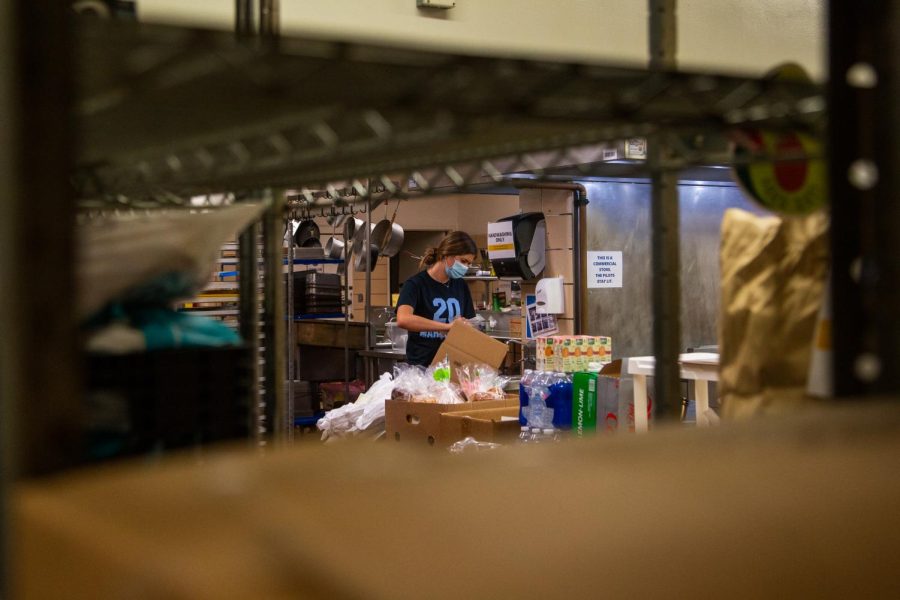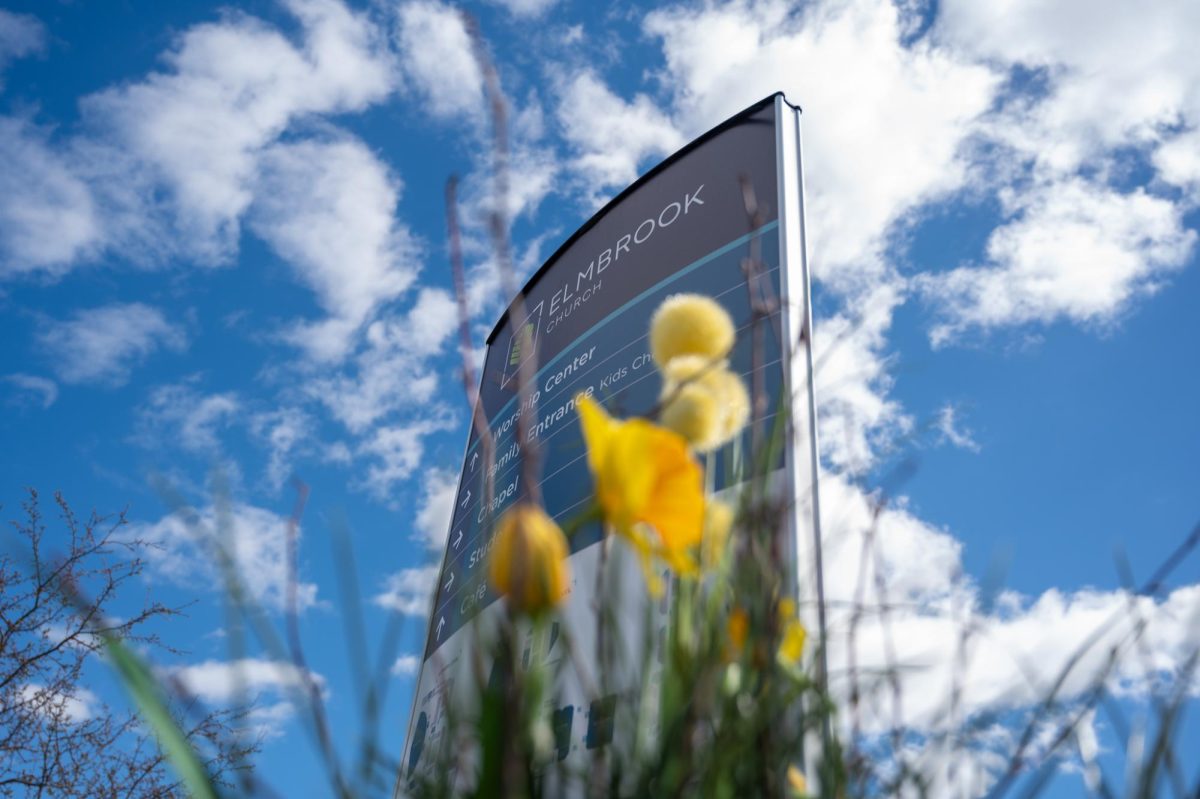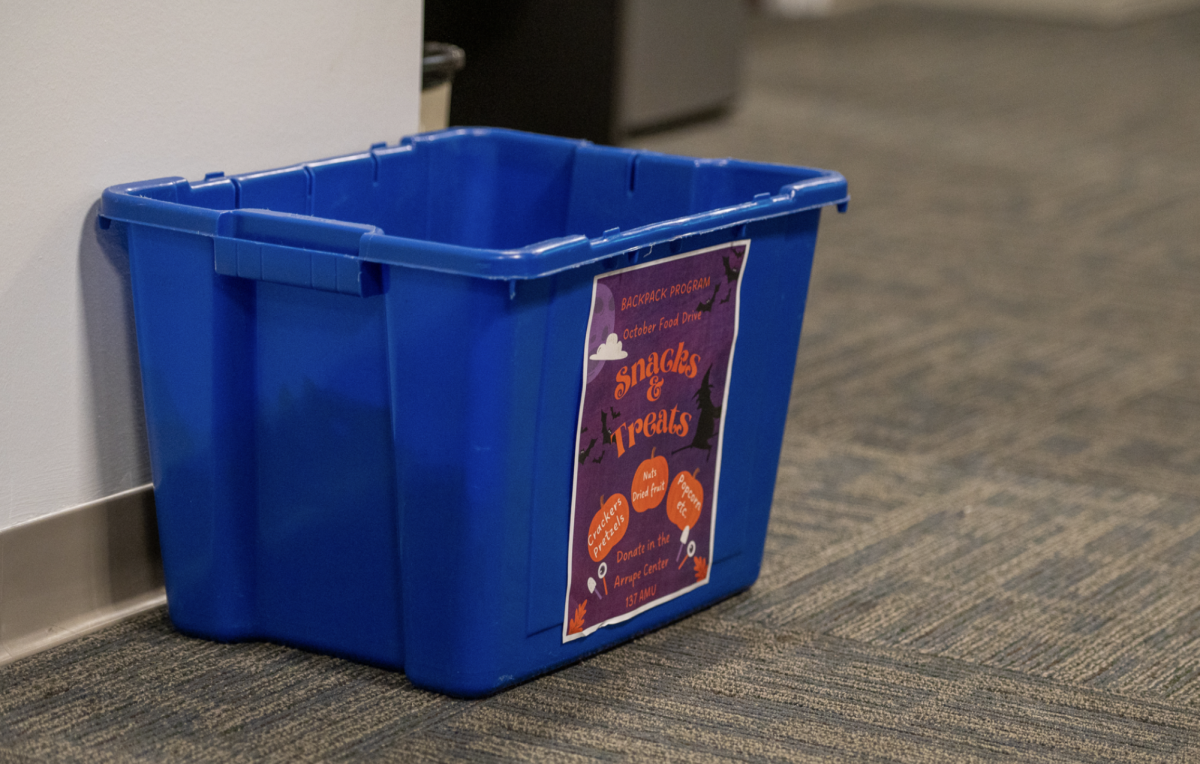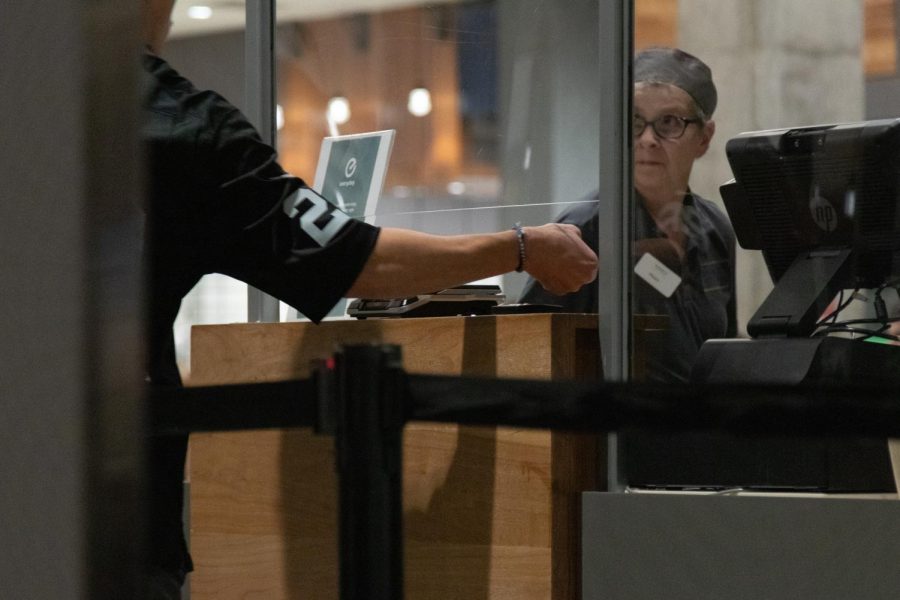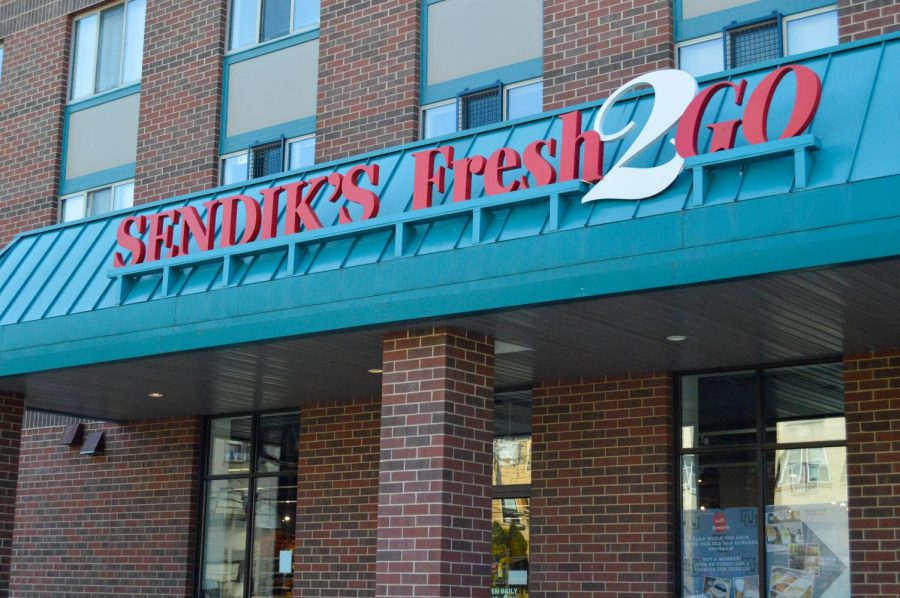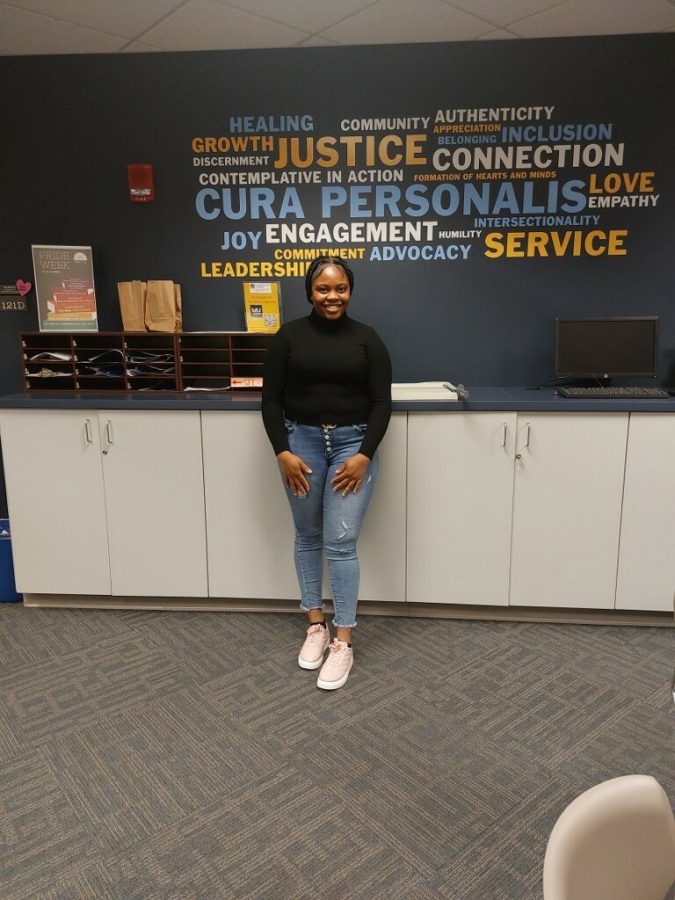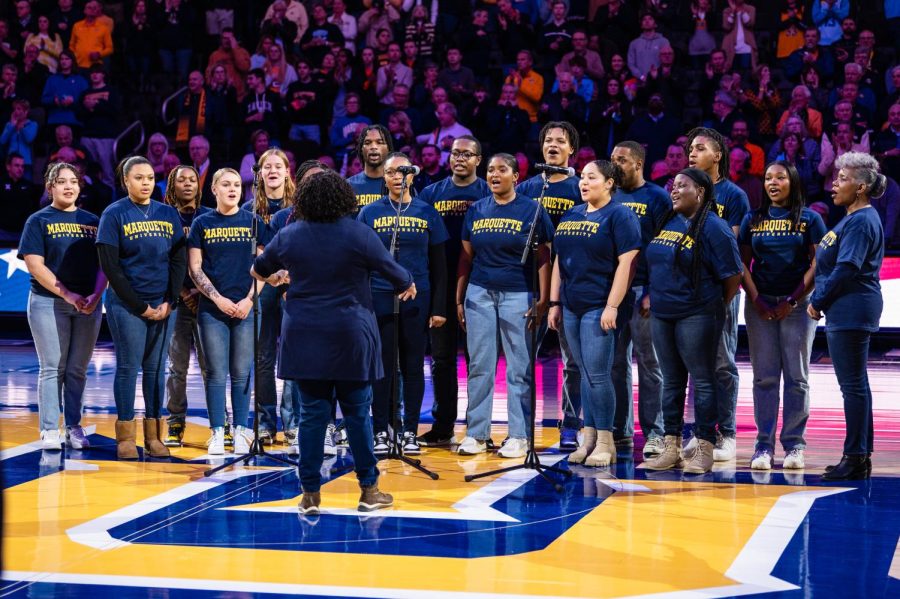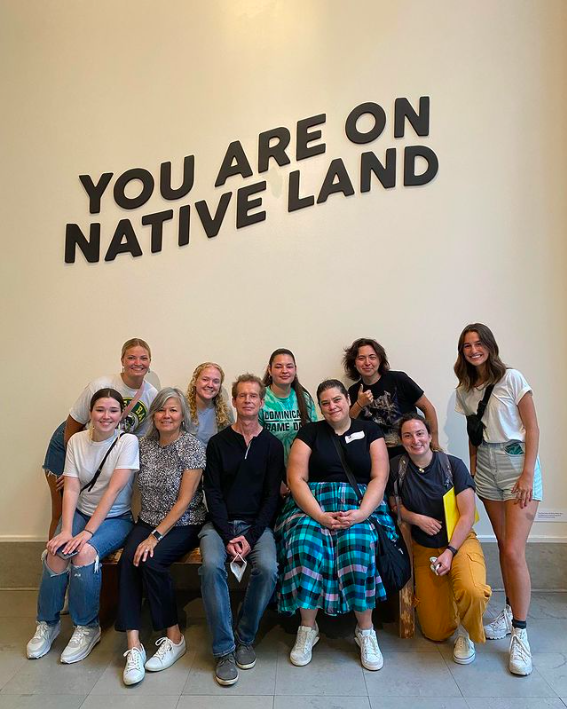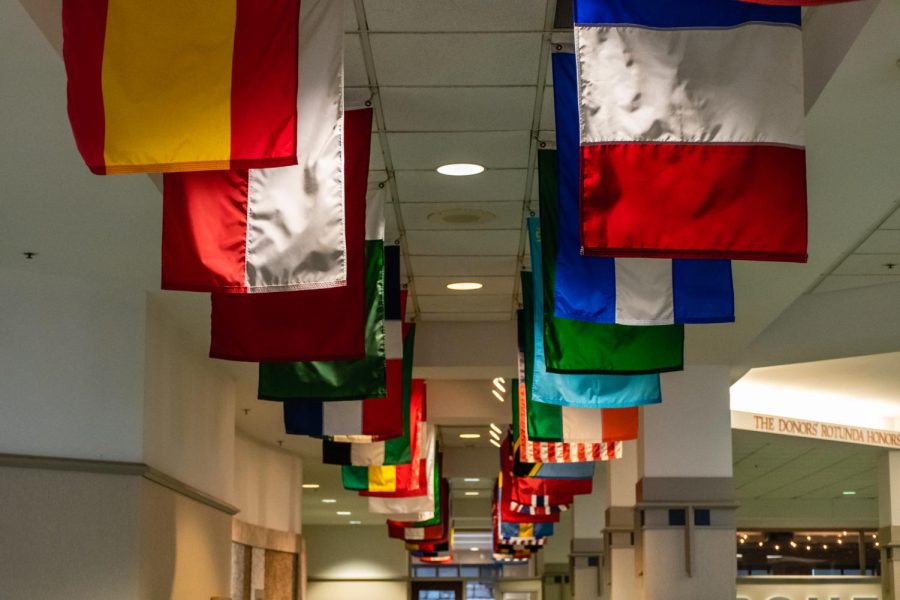Food insecurity.
It looks like skipped meals, compromises in the grocery store, sacrifices, extra shifts at work, and trying to focus in class despite not knowing what or where your next meal is. On Marquette’s campus, these experiences among countless others are reality for many students. Yet food insecurity is silent.
Dr. Noreen Siddiqui, a recent graduate student at Marquette University and special projects coordinator at the University of Wisconsin-Madison, published a study in 2018 on the state of food insecurity on campus.
She found that one in five students at Marquette were food insecure, or unable to have access, at all times, to enough food to support an active, healthy life.
This 2018 study is the most recent one done on Marquette’s campus.
“Twenty-two percent of students on Marquette’s campus are actively food insecure,” Dr. Christopher Simenz, professor in the department of physical therapy and exercise science, says. “Which should shock you. Which should shock everyone on campus because we do a good job at hiding that.”
Researching food insecurity in the greater Milwaukee area has been a part of Simenz’s professional work, along with teaching at Marquette, for over ten years.
At first, those two professions were separate. Then Simenz learned Marquette students were going to community pantries to get free and reduced food.
“I was amazed at my ignorance,” Simenz says. “At that time my frustration was about our inability to address and try to mitigate food insecurity on campus, coupled with the notion that students were having to look elsewhere off Marquette’s campus, outside of our reaches to support their hunger.”
The response to this need was the Backpack Program.
The Backpack Program began as a couple of mini-fridges in Simenz’s office and has since turned into an operation located in Mashuda Hall where students in need are confidentially supplied groceries and personal care products.
John Brown, a graduate student in the College of Health Sciences, is the director of diversity and inclusion for the Backpack Program and has been with the organization since fall 2019. To him, the mission of the Backpack Program is simple.
“Everyone should eat,” Brown says. “Everyone eats … food is about community, food is about culture, it’s about strength and it’s supposed to bring people together.”
Building community is a major part of the Backpack Program’s mission. Liv Lechman, a graduate student in the College of Health Sciences, is the director of operations for the Backpack Program and wants the program to be more than an impersonal exchange of food.
“Even as we keep growing, it’s really important to us that participants are met with a student handing out the bag and get to say ‘How’s your day?’ and ‘Is there anything we can get you?’” Lechman says. “If you need something, Backpack is there for you.”
There are no stipulations for students signing up for the Backpack Program; Everyone is welcome. Yet members of Backpack Program, including Elizabeth Mantey, a junior in the College of Health Sciences and director of external relations for the program, recognize there are barriers to overcome.
“We recognize that there is a barrier to people even signing up for the program,” Mantey says. “The idea that food insecurity is not a thing on campus and that there is almost shame in needing and desiring that while going to a private university.”
Food insecurity is not simple. It permeates the lives of those affected, and Christine Little, manager of campus food recovery and assistance at Marquette, says stigma around the issue can be debilitating to food insecure students.
“I feel like there is the trope of the starving college student and it’s almost a rite of passage,” Little says. “The stigma is a lot, the mental aspect of it is very isolating, it’s embarrassing for some students. It affects their mental health, their social health, as well as their physical health.”
Siddiqui’s dissertation on food insecurity highlights how the individual’s perspective can change how stigma affects students. The critical resilience perspective and the uncritical resilience perspective are two lenses that Siddiqui defined while talking to students for her dissertation.
Students who held the critical resilience perspective tended to critique the system and ask questions like “Why am I and others going hungry?” and “Why didn’t my school do more?”
The uncritical resilience perspective, however, Siddiqui described as more dangerous to the individual. In this perspective, the student may believe it is their responsibility to get themselves out of food insecurity, despite systematic problems working against them. Some of these problems include access to food, job loss, sudden changes in family stability, among others.
“Time and time again I heard every single one of those students who either used the food pantry and then stopped (most of them had) or they refused to use it because ‘others were worse off’,” Siddiqui says. “Even though the food pantry was there for them, specifically the students.”
According to The Hope Center, an action research center, nearly three in five students surveyed experienced basic needs insecurity during the pandemic, yet 52% did not apply for supports because they did not know how.
“I think college students are the silent population,” Little says.
The presence of food insecurity on campus goes beyond this stigma.
Marquette and the Near West Side Neighborhood are located in what is termed a “food desert,” or areas where people have limited access to a variety of healthy and affordable food.
In 2017, Marquette teamed up with Near West Side Partners for the “grocery store challenge.” The goal was to provide an accessible grocery store for students on campus and to eliminate the communities’ “food desert.”
Sendik’s Fresh2Go was announced in June 2017 and officially opened on Marquette’s campus in August that year.
In a university news release from 2017, Marquette University President Michael Lovell promised that Sendik’s would solve food accessibility problems and that Marquette and the Near West Side would find themselves in a “fresh food oasis.”
However, the presence of Sendik’s does not eliminate the food desert for many students and community members.
Simenz acknowledges that Sendik’s satisfies the needs of a portion of students on campus, but those who make great sacrifices to attend Marquette don’t have a “choice” when a half gallon of milk is $2.49 and a two liter of Pepsi is three for $3.00.
“What we found in the level of the neighborhood was that food insecurity actually increases when you put an expensive store with items that are often inaccessible to people that don’t have the means to pay,” Simenz says. “So we have the same problem that existed all along, but now we have a market so people kind of forget about it.”
Siddiqui urges Marquette to not forget.
“Are we okay as an institution with ten students going hungry? One hundred? Five percent of the population? Ten percent? How many students can we say can go hungry and we aren’t going to do anything about it?” Siddiqui says.
A common hope among all interviewed for this story is that all have access to nutritious food — a basic human need.
This story was written by Maria Crenshaw. She can be reached at [email protected].

